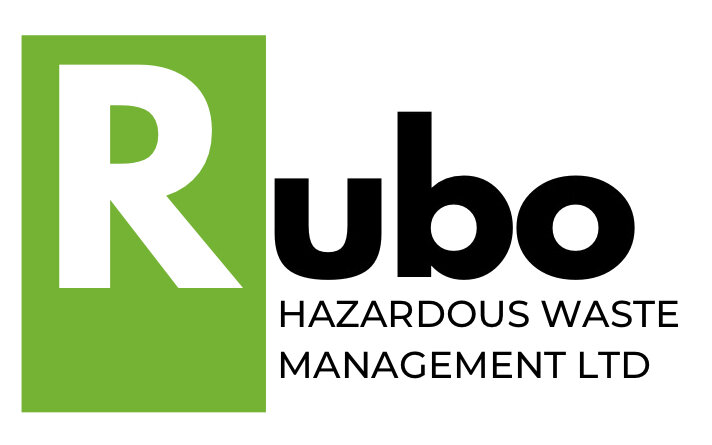Empowering Sustainability in the Printing Industry: Weekly Solvent Collections and Recycling
In the dynamic landscape of sustainable waste management, few endeavours shine as brightly as our ongoing project, 'Project Solvent Renew', tailored exclusively for the printing industry. This innovative initiative, focusing on weekly solvent collections and recycling, represents a significant stride toward aligning print production practices with environmental responsibility. This article unveils the intricacies of this eco-conscious undertaking, highlighting waste classifications, UN numbers, EWC codes, and the symbiotic relationship between industry and nature.
The Printing Industry's Challenge: Navigating Solvent Waste
Amidst the vibrant colours and creativity of the printing industry, a challenge looms; the generation of solvent waste. As inks and lacquers unfailingly produce these byproducts, the need for responsible waste management becomes evident. 'Project Solvent Renew' was born as a response to this challenge, forging a connection between the print industry's operations and its environmental responsibilities.
Waste Classifications and UN Numbers: Understanding the Nomenclature
Each week, as printing houses contribute to 'Project Solvent Renew', we meticulously categorize their solvent waste based on stringent classifications. The Waste Flammable Liquid, N.O.S. classification, encapsulated by the UN number 1993, symbolizes the diverse nature of these solvents. This classification ensures that hazardous waste is handled, transported, and recycled with utmost caution, aligning with international safety standards.
EWC Codes: Navigating Waste Streams Responsibly
The European Waste Catalogue (EWC) codes further guide our efforts. The solvents entering 'Project Solvent Renew' fall under the EWC code 08 03 12*. This specific code specifically addresses solvents, underscoring our commitment to targeted and effective waste management solutions.
UN Classification and Proper Shipping Names: Safeguarding Handling Protocols
As we facilitate the weekly collections, each solvent waste is accompanied by a proper shipping name and UN classification code, reinforcing safety protocols. This meticulous approach ensures that waste is managed and transported in a manner that safeguards both human health and the environment.
Impact and Progress: Pioneering Industry-Environment Synergy
'Project Solvent Renew' isn't just a solution; it's a collaboration between the printing industry and environmental responsibility. As we collect and recycle solvent waste, we bridge the gap between industry growth and ecological preservation.
Eco-friendly Reputation: Printing houses that engage with 'Project Solvent Renew' bolster their image as eco-conscious contributors.
Waste Diversion: By recycling solvent waste, we divert materials from landfills and minimize the environmental load.
Catalyst for Change: As pioneering partners in sustainable waste management, the printing industry helps inspire others to adopt eco-friendly practices.
Conclusion: Printing a Sustainable Future
'Project Solvent Renew' embodies a harmonious synergy between the printing industry and environmental stewardship. By responsibly handling solvent waste, the industry redefines its role in the ecological narrative. This initiative resonates not only with responsible waste management but also with the ethos of coexisting with nature.
